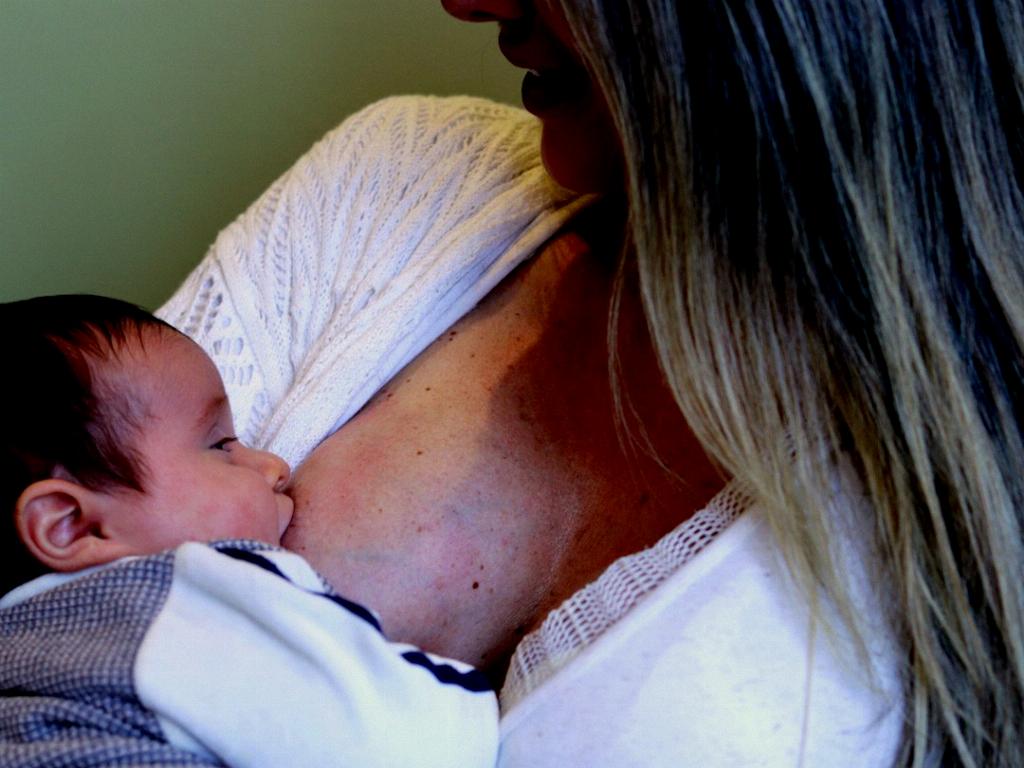When it comes to consuming kombucha while breastfeeding, there is always a level of caution that should be exercised. Many new mothers wonder whether the consumption of kombucha can have an impact on their breast milk and ultimately affect their baby’s health. To shed light on this topic, it is important to consider the components of kombucha and their potential effects on breast milk production.
Kombucha is a fermented beverage made from tea, sugar, bacteria, and yeast. The fermentation process produces trace amounts of alcohol and caffeine, which are two primary concerns for breastfeeding mothers. While the levels of alcohol and caffeine in kombucha are typically low, it is still essential to be mindful of how these substances can potentially transfer to breast milk.
Dr. Johnson, a renowned expert in the field, suggests that occasional consumption of kombucha is likely safe for breastfeeding mothers. The key lies in moderation and being aware of the overall intake of alcohol and caffeine from other sources in the diet. It is always advisable to consult with a healthcare provider before introducing any new beverage into your diet while breastfeeding.
Research on the direct impact of kombucha on breast milk production is limited, making it challenging to draw definitive conclusions. However, recognizing that alcohol and caffeine can pass through breast milk, it is prudent to monitor your consumption and observe any potential reactions in your baby after consuming kombucha.
It is essential to remember that every individual may react differently to various substances. Some babies may be more sensitive to changes in the mother’s diet, while others may not show any adverse reactions. Being attentive to your baby’s well-being and behavior can provide valuable insights into how your diet, including the consumption of kombucha, may be influencing your breast milk.
While enjoying a glass of kombucha occasionally may be permissible for many breastfeeding mothers, it is crucial to consider the quality of the kombucha you are consuming. Opting for commercially produced kombucha with known alcohol and caffeine levels can help you make informed choices about its potential impact on your breast milk.
Monitoring your own tolerance to kombucha and observing how your body responds can also guide your decision-making process. Some individuals may find that even small amounts of alcohol or caffeine can affect their overall well-being or milk production, emphasizing the importance of self-awareness and self-care during the postpartum period.
As with any dietary decision while breastfeeding, being informed, seeking professional advice, and listening to your body are paramount. It is essential to prioritize your health and that of your baby, making choices that align with your individual needs and circumstances. If you have any concerns about consuming kombucha while breastfeeding, consulting a healthcare provider can offer personalized guidance and support.
In conclusion, the consumption of kombucha while breastfeeding can be considered safe in moderation for many mothers. However, the potential effects of alcohol and caffeine in kombucha on breast milk production should not be overlooked. By exercising caution, staying informed, and listening to your body’s cues, you can make informed choices that support both your well-being and the health of your baby.

